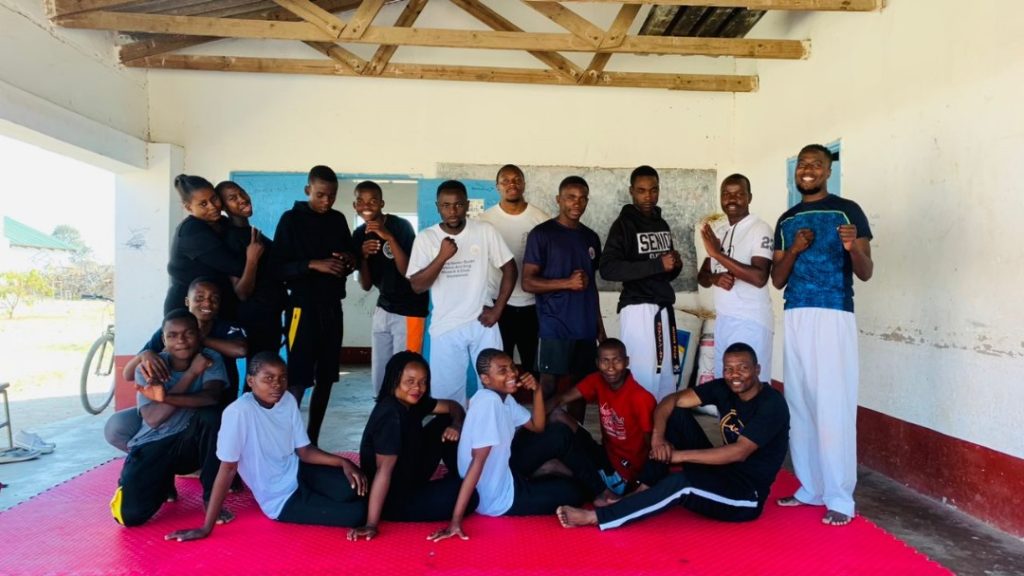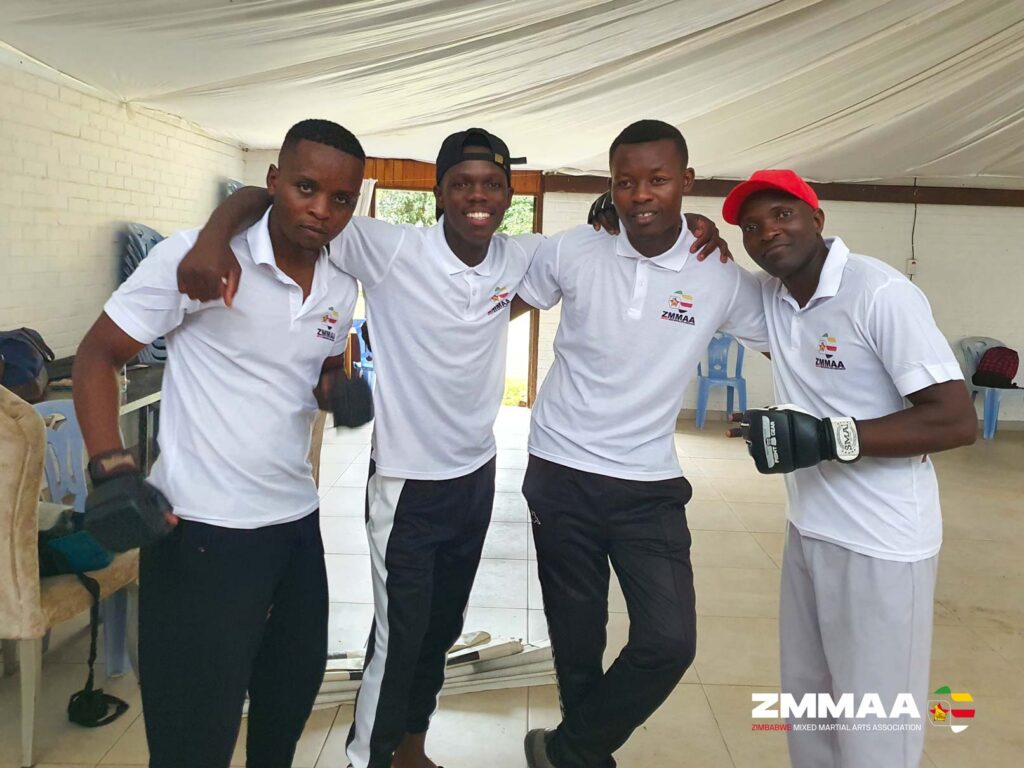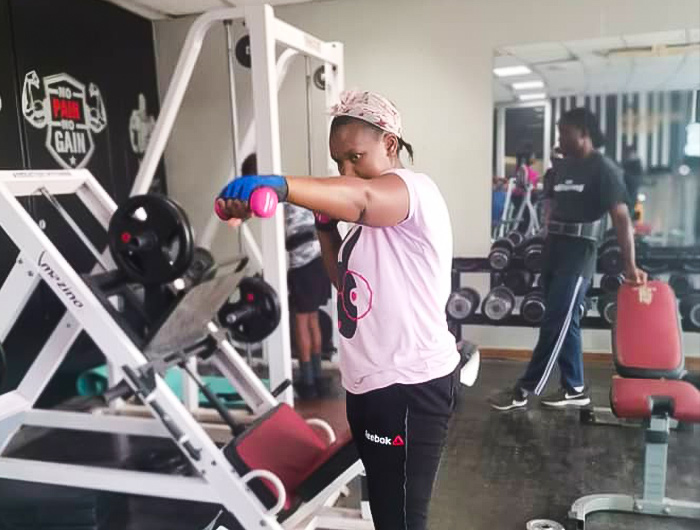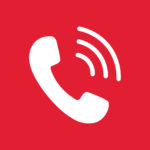No woman should have to deal with the stigma, discrimination and negative attention she receives for having breast cancer. However, we cannot afford to keep silent about it. The time has come for us to come together as a society and address the issue of breast cancer in women athletes. We need to support our soldiers, first responders, athletes, entertainers and everyday women who have asked for our help because they think they or someone they know has been diagnosed with this disease. Accountable disclosure is the key to reducing disease transmission andllor improving outcomes in both populations. By taking action now, we can decrease the number of women developing breast cancer in the future and stop their pain before it starts. BECANCAM can be a powerful tool in raising awareness about the symptoms and risks of breast cancer in female athletes while also supporting those who are suffering from this disease.
What is BECANCAM?
Be alert and take care of yourself. This is the message that breast cancer awareness month (BECANCAM) brings to women who play sports and those who coach, train and compete with them. The purpose of BECANCAM is to raise awareness about the symptoms and risks of breast cancer in women athletes. Awareness is key; we must be as alert as we were when we were diagnosed. If we notice any changes in our habits, it is critical that we report them to our doctors so that we can get prompt treatment.
Why Is BECANCAM Important?
Although breast cancer is preventable and treatable, 1.6 million women will be diagnosed with this disease in the US over the next 10 years. That means there is a significant chance that someone you know will be affected by it. And if they are, then their friends and colleagues could be too.
How to Start Breast Cancer Awareness Month For Women in Combat Sports
As we work to raise awareness about the symptoms and risks of breast cancer in women athletes, it is also critical that we support those who are suffering from this disease. We can’t keep silent about it. The time has come for us to come together as a society and address the issue of breast cancer in women athletes. We need to support our soldiers, first responders, athletes, entertainers and everyday women who have asked for our help because they think they or someone they know has been diagnosed with this disease. Accountable disclosure is the key to reducing disease transmission and improving outcomes in both populations. By taking action now, we can decrease the number of women developing breast cancer in the future and stop their pain before it starts. BECANCAM can be a powerful tool in raising awareness about the symptoms and risks of breast cancer in female athletes while also supporting those who are suffering from this disease.
Women at Family Fitness Gym in Zimbabwe, During Cancer Awareness Month

The Power of One
Some women experience a sudden, unexpected boost in self-confidence after they have been diagnosed with breast cancer. They may have a moment of clarity and realize that they are worth it even though they have cancer. One way to help these women deal with the extra pressure that comes with being a survivor is by supporting one another. Reach out to your friends and loved ones if you are feeling stuck, alone or afraid. Sharing your strength and hope can help all of you feel more connected to one another.
Action Steps You Can Take Now To Help Reduce the Number of Women Who Develop Breast Cancer in the Future
– Be more aware of your own body. Take the women’s health test offered by your doctor. Identify any issues that are discovered. – Take care of yourself physically. Get enough sleep, eat a healthy diet and do regular exercise. It is best to incorporate a workout regimen into your daily life. It is critical to have a routine that you can sustain over time so you do not lose interest in it. – Reach out to your friends and loved ones if you are feeling stuck, alone or afraid. Sharing your strength and hope can help all of you feel more connected to one another. – Don’t miss any medical appointments. You may be amazed at how many you have missed over the years. Be aware of what your doctor’s restrictions are and respect them. – Remember to log your workouts. This can be a great way to keep track of your progress and see what you need to work on. – Don’t be afraid to ask for help. No one ever had to rescue you. Just be aware of what services are available to you and what you need to do to entice a provider to get involved. – Be positive. It can be really hard when you are in the middle of a treatment, and you feel like something is going to change your life for the better. Be optimistic that you can survive and overcome this nightmare.








